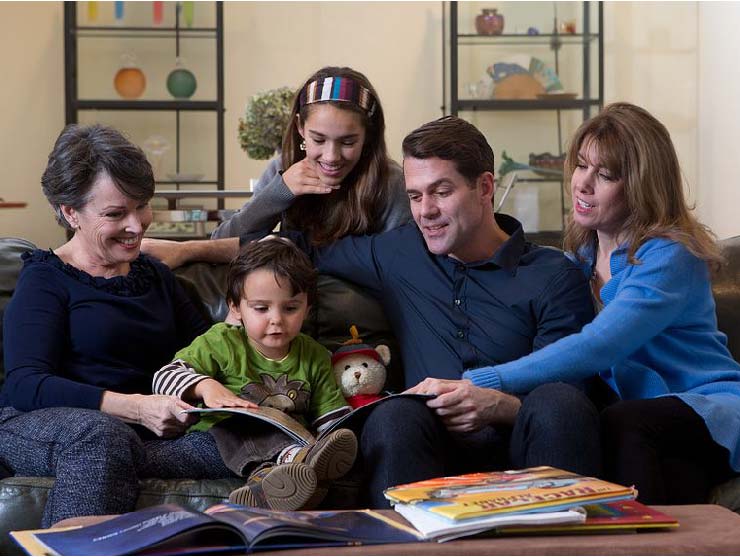You could probably fill a small library with just business and "how to" books. It's hard to imagine a work topic that hasn't already been covered - including how to get along better with co-employees, how to improve as a manager, how to be a leader. But what if there's a better way to learn about human relationships? What if life with your co-workers would improve if you just read a good novel?
In a March 17, 2012 New York Times article called Your Brain on Fiction, author Annie Murphy Paul says:
Dr. Keith Oatley, an emeritus professor of cognitive psychology from the University of Toronto, proposes that reading fiction is the social equivalent of running computer simulations. Through books, we can examine the behaviors of all kinds of people and can gain insight into their thoughts and feelings. We can explore social and emotional scenarios from the comfort of our easy chair. It's the novel as not just entertainment, but as practice for life.
In a March 17, 2012 New York Times article called Your Brain on Fiction, author Annie Murphy Paul says:
"Brain scans are revealing what happens in our heads when we read a detailed description, an evocative metaphor or an emotional exchange between characters. Stories, this research is showing, stimulate the brain and even change how we act in life."
Understanding Others
When we read about activity, our brain is stimulated by the words as though we were actually taking part in the action. When we read about cinnamon or lavender, our brain reacts as though we were actually smelling the fragrance. Going even further, neuroscience suggests that as we read about human interactions, our brains use those experiences to understand the motives and actions of others. "Scientists call this capacity of the brain to construct a map of other people's intentions 'theory of mind.'"Dr. Keith Oatley, an emeritus professor of cognitive psychology from the University of Toronto, proposes that reading fiction is the social equivalent of running computer simulations. Through books, we can examine the behaviors of all kinds of people and can gain insight into their thoughts and feelings. We can explore social and emotional scenarios from the comfort of our easy chair. It's the novel as not just entertainment, but as practice for life.





